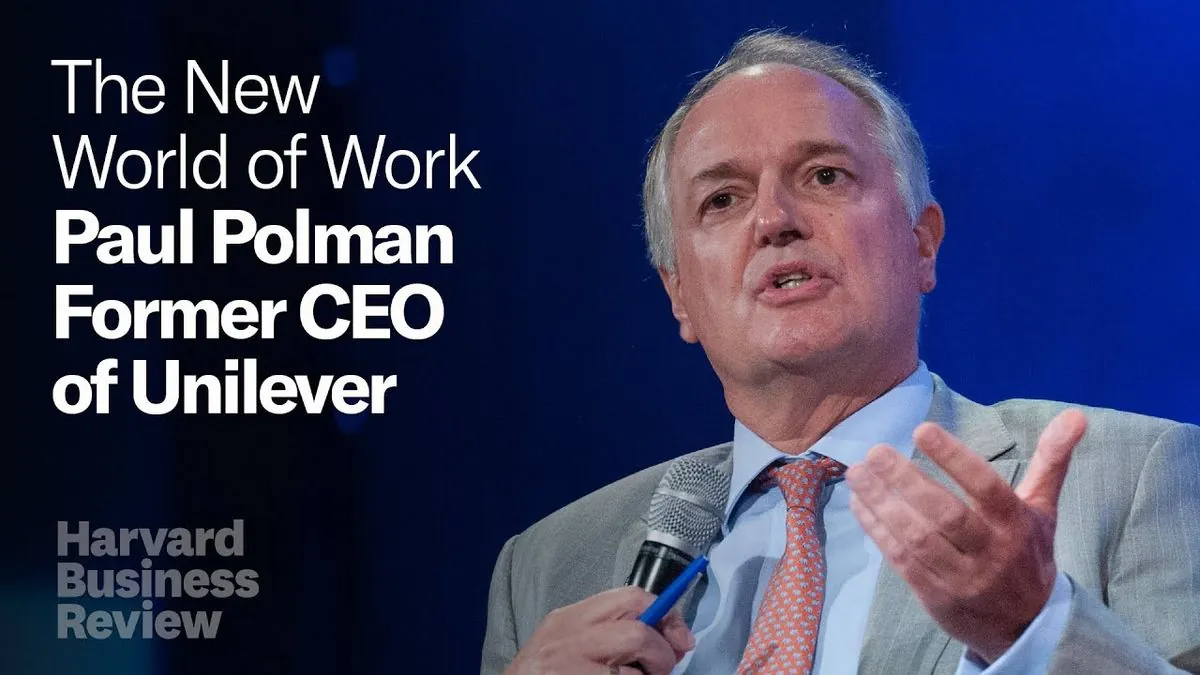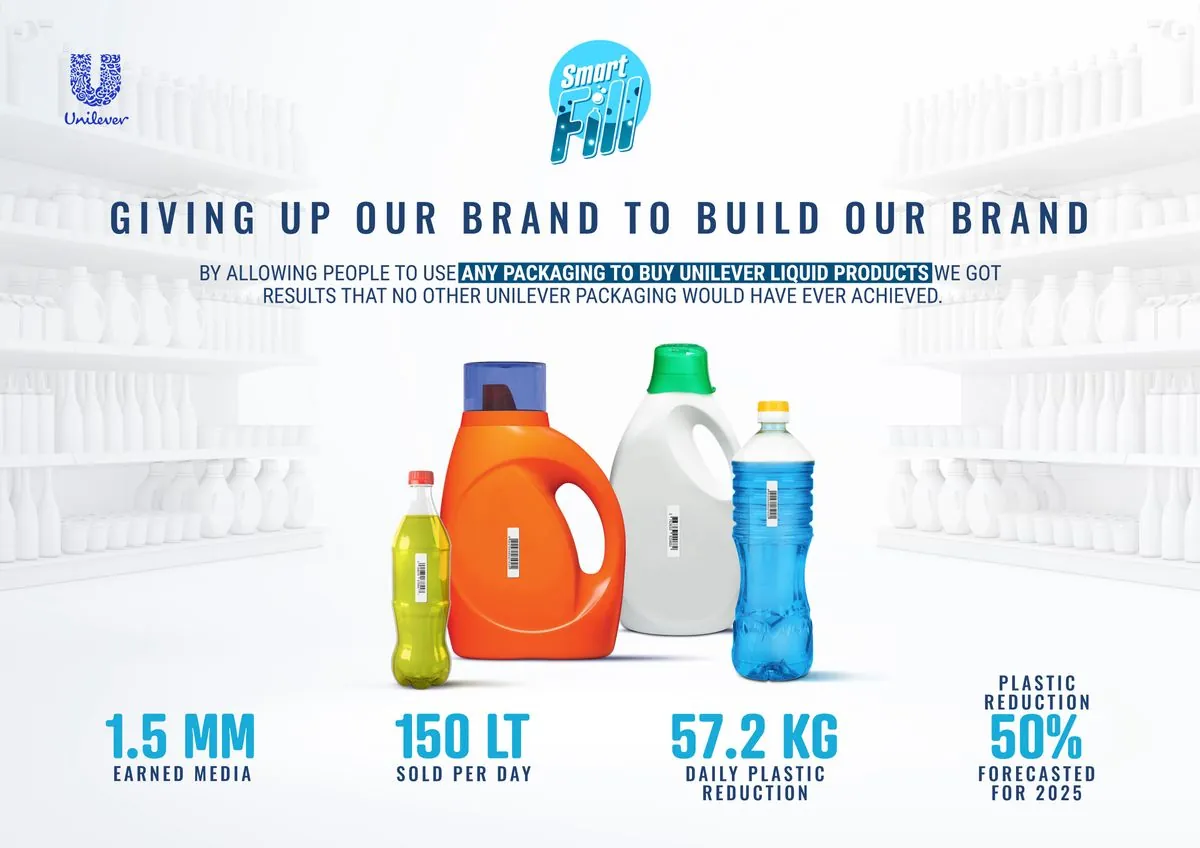Unilever CEO Advocates for Robust Global Plastics Treaty
Unilever's CEO calls for a strong global plastics treaty as UN negotiations near deadline. The company supports binding rules for a level playing field in sustainable packaging efforts.

Hein Schumacher, CEO of Unilever, has expressed his desire for a robust global plastics treaty as United Nations negotiations approach a critical deadline. The multinational consumer goods company, founded in 1929, is advocating for binding rules to create a level playing field for businesses in addressing plastic pollution.
As one of the oldest multinational companies globally, Unilever operates in over 190 countries and has been at the forefront of sustainability efforts. The company, known for brands like Dove and Sunlight, is part of the Business Coalition for a Global Plastics Treaty, which supports reducing plastic manufacturing as part of the UN agreement.
Schumacher stated, "What we would like is a treaty that has some teeth. From the very beginning we have said we prefer binding rules because we feel that it leads to a level playing field for business." This stance aligns with Unilever's commitment to making all its plastic packaging fully reusable, recyclable, or compostable by 2025.
The CEO emphasized that a stronger treaty would enable companies to make long-term investments in new packaging and products that reduce reliance on plastic. This approach is consistent with Unilever's Sustainable Living Plan, launched in 2010, which aims to double the business size while reducing environmental impact.

Unilever has faced criticism for its use of single-use sachets for products like shampoo and toothpaste, which are challenging to recycle. However, the company has taken steps towards more sustainable options, introducing laundry sheets in paper-based packaging last year. This initiative is part of Unilever's broader commitment to eliminating fossil fuels in its cleaning products by 2030.
The upcoming UN negotiating session in Busan, South Korea, scheduled for November 2024, is the final opportunity before the year-end deadline to reach an agreement. Inger Andersen, Executive Director of the UN Environmental Programme, expressed optimism about the potential for an agreement, stating, "It's entirely within member states' ability to do it by the end of the year. The ball is in their court."
Unilever's advocacy for a strong plastics treaty is part of its larger sustainability efforts. The company has committed to achieving net-zero emissions from all its products by 2039 and has pledged to invest €1 billion in a Climate & Nature Fund. These initiatives have contributed to Unilever's "Sustainable Living" brands growing 69% faster than the rest of its business in 2018.
The potential global plastics treaty could simplify operations for companies like Unilever that operate across numerous countries. Schumacher noted, "That's probably the most important thing for us," highlighting the potential for reduced complexity in implementing sustainable practices worldwide.
As negotiations continue, the outcome of the global plastics treaty will have significant implications for businesses and environmental sustainability efforts worldwide. Unilever's stance reflects a growing trend among corporations to support binding environmental regulations, recognizing the long-term benefits for both business and the planet.


































